China resorts to extreme measures as fresh crisis poses global threat
China is in the grip of a crisis more severe than it’s endured in six decades, and now, the nation is resorting to truly extreme measures.
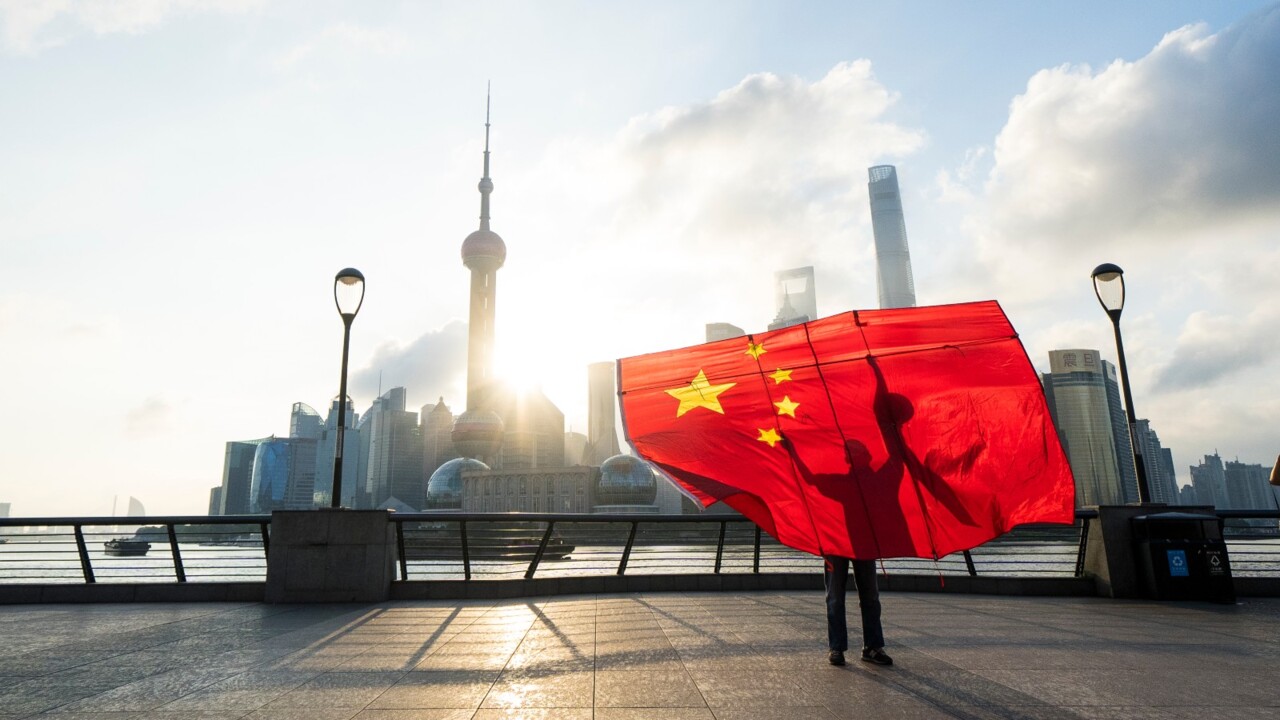
China is resorting to extreme measures as it faces the most devastating heatwave in 60 years, with the new crisis set to impact the globe.
Severe heat and drought has plagued the world’s second biggest economy for weeks on end, with temperatures soaring above 40C in a string of large cities.
As a result, the unprecedented demand for airconditioning has caused the power grid to buckle, while the drought has also reduced water levels and therefore the ability to generate electricity at hydropower plants.
It’s a nightmare scenario for the nation of 1.4 billion, and has seen some provinces resort to increasingly drastic measures.
China’s desperate act
This week, it emerged that China was seeding clouds in a bid to refill the crucial Yangtze River, which has been severely depleted by the extreme weather.
In fact, the iconic river is now at record low levels, and on Wednesday, Hubei province revealed it was joining a growing list of regions to seed clouds using silver iodine rods which are fired into the sky via planes in an effort to encourage rain.
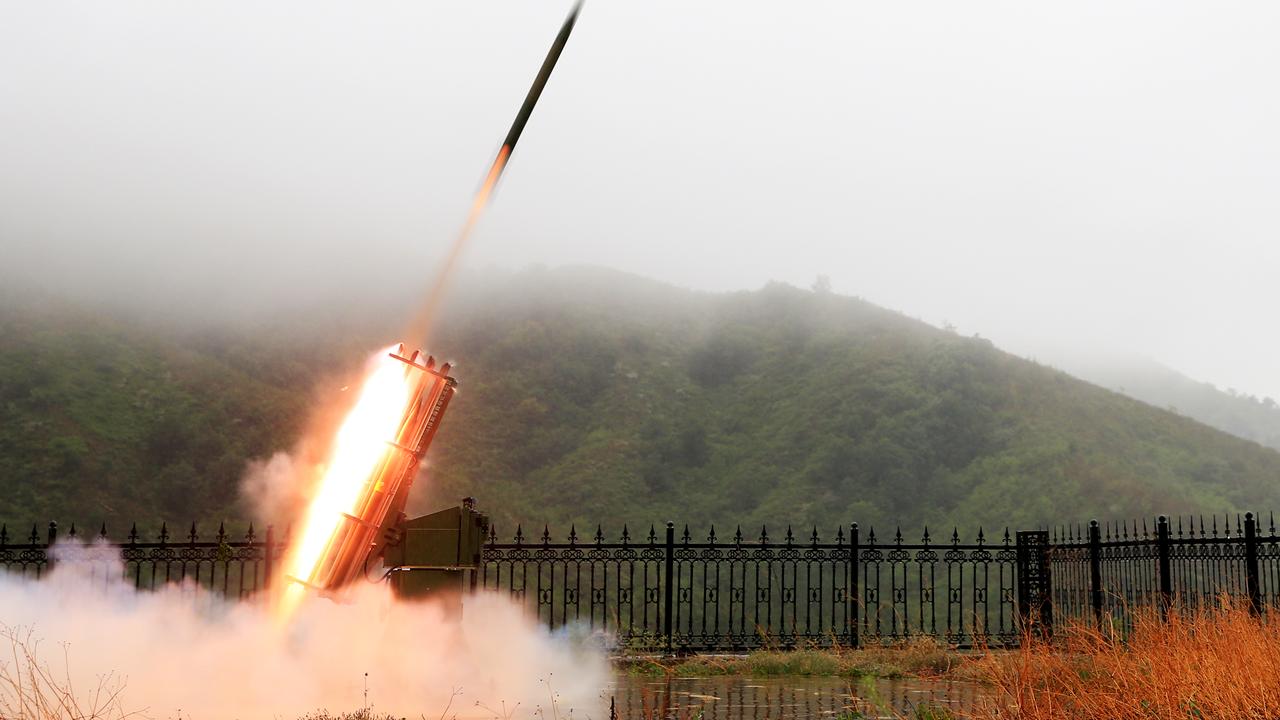

The small rods are launched into clouds, and go on to form ice crystals which encourage more rain to form.
This week, authorities also issued the highest red alert heat warning for more than 130 areas, amid reports more than 150,000 citizens were now struggling to access drinking water.
Factories shut down
In Sichuan in China’s southwest, 19 out of 21 cities have also been ordered to halt production in all factories for six days via an “urgent notice” from authorities in a desperate attempt to keep the lights on.
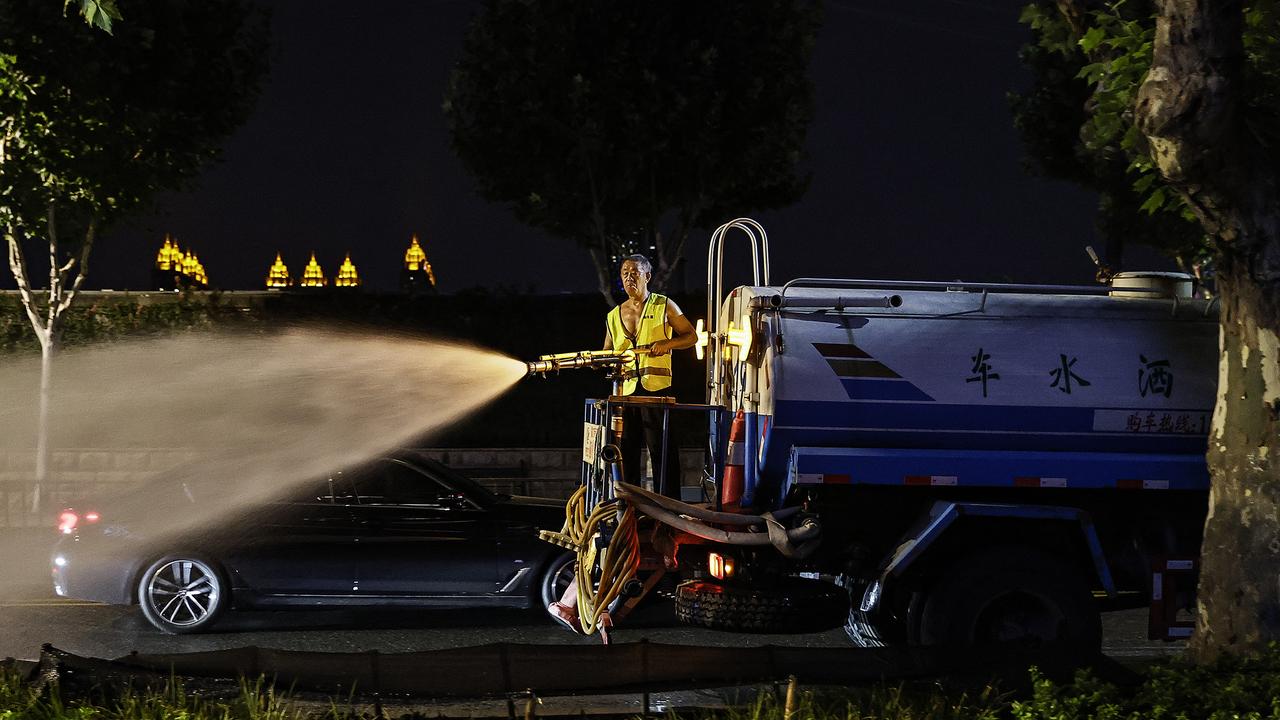
The notice, which has been posted on the provincial government’s website, revealed that Sichuan had only “encountered [such] extreme high temperature once in 60 years” and that the average rainfall had fallen by 51 per cent from the same period in 2021.
“The sharp drop in water inflow from major river basins has caused a sudden drop in the output of hydropower generation,” the notice reads.
“The contradiction between power supply and demand in the province is very prominent.”
The extreme move is all the more alarming as Sichuan is a major hub for lithium mining, solar panel production and semiconductors, meaning a week-long shutdown will have a major impact on a slew of household-name companies, including Apple and Tesla, and will likely cause the costs of raw materials to rise.
Already, Sichuan fertiliser producer Lutianhua has predicted a $US4.4 million ($A6.3 million) reduction in net profit as a result of the shutdown, according to a notice on the Shenzhen Stock Exchange, while China’s National Bureau of Statistics spokesman Fu Linghui acknowledged in a press conference that the heatwave had already led to “adverse effects on economic operations”.
And it’s likely to get worse before it gets better, with a meeting between officials coming to the conclusion that “the weather with high temperature and little rain will continue for a period of time, and it is necessary to focus on protecting people’s livelihood, safety, and operation, and make every effort to protect the power supply”. The meeting also called for “extreme thinking to deal with extreme situations” as officials “plan for the worst” during the “current severe situation”.
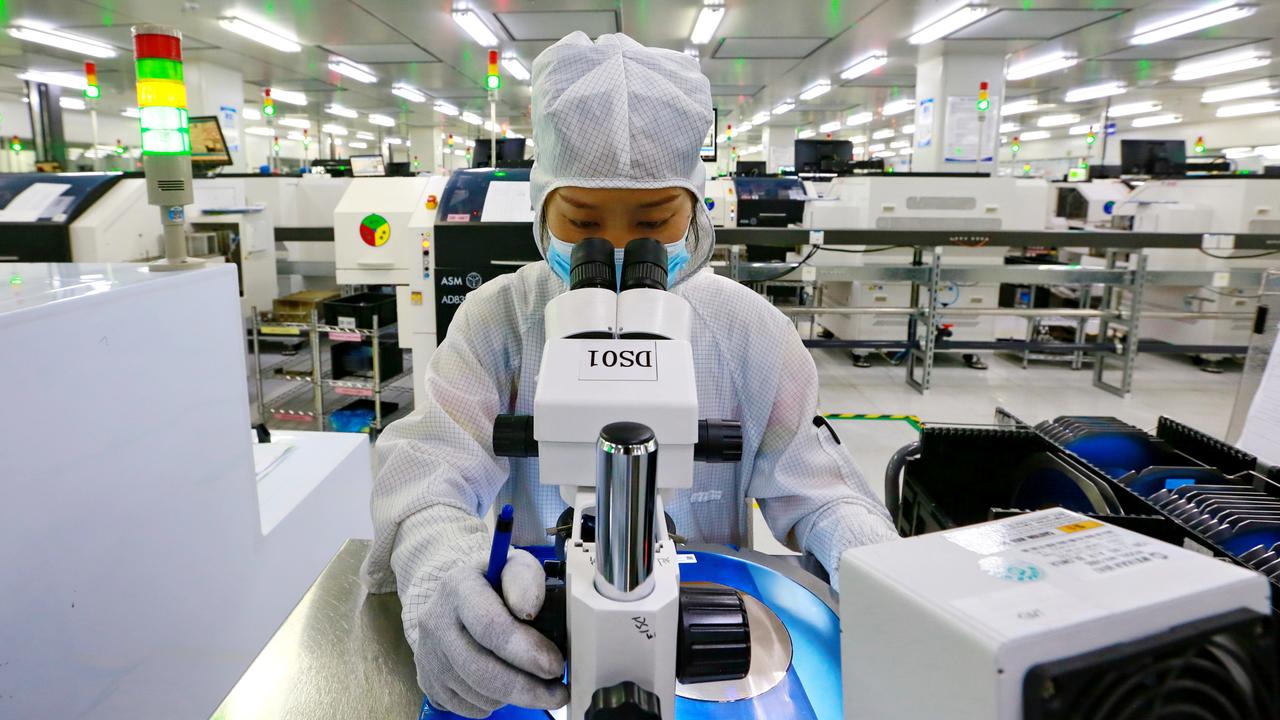
That indicates that the powers that be are bracing for a lot more pain ahead, which could mean forced factory shutdowns last far longer than the initial six days.
Global industries ‘at risk’
Analyst for Daily FX and IG Thomas Westwater told news.com.au there was a “real possibility” the shutdowns could have significant impacts on the wider world, with a number of global companies left in the lurch.
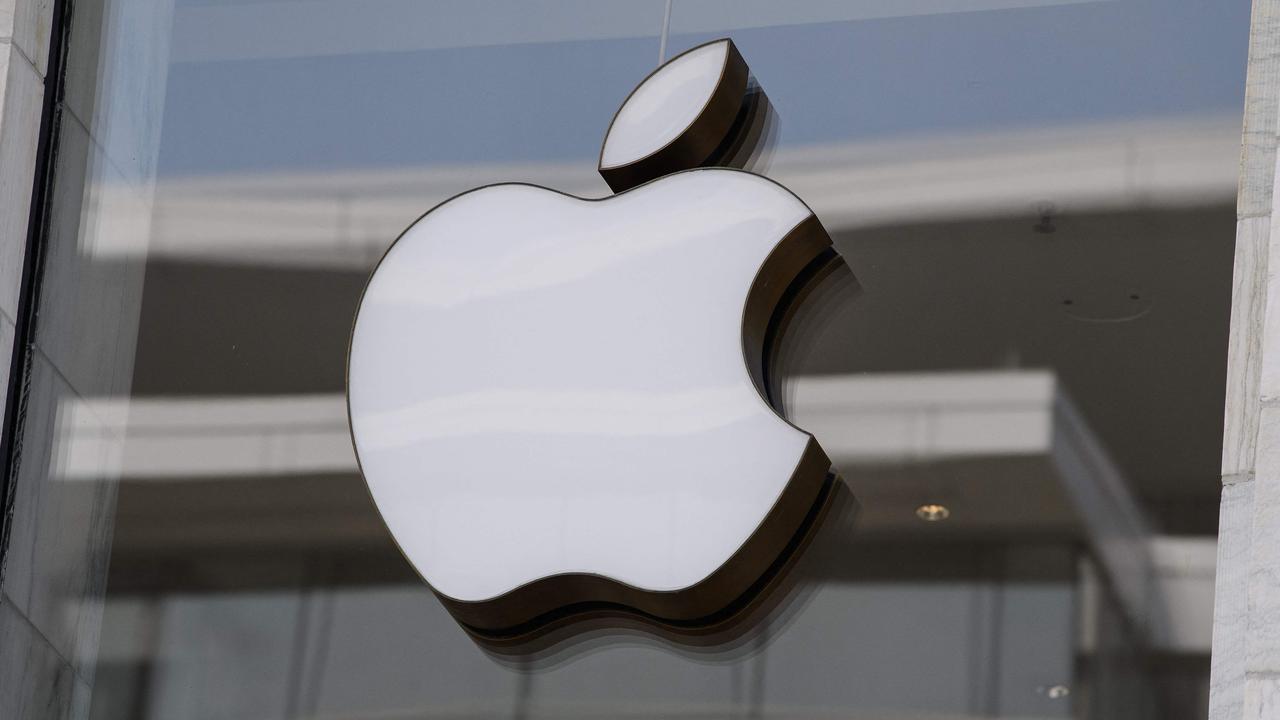
More Coverage
“The primary risk to markets would be an extension of power rationing beyond August 20, which is a real possibility with current weather forecasting,” he said.
“A protracted shutdown of industries across Sichuan would result in higher lithium prices, as the province accounts for a majority of China’s total production.
“Aluminium and other metals would also be at risk, as well as broader industry, including vehicle production and even iPhone manufacturing.”





